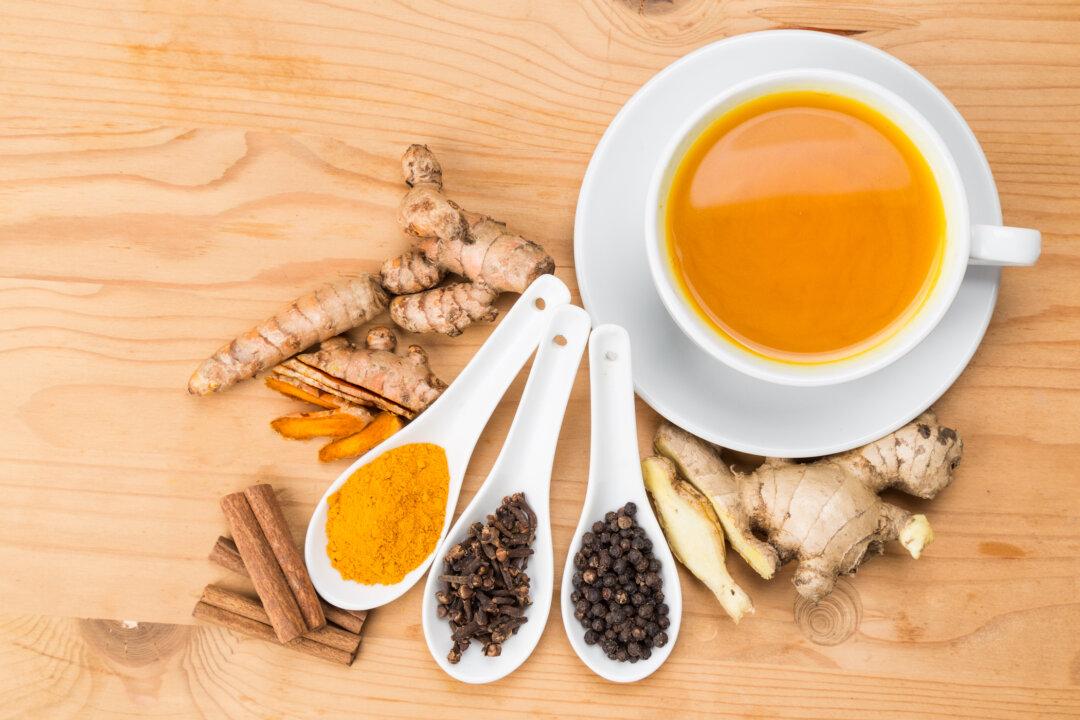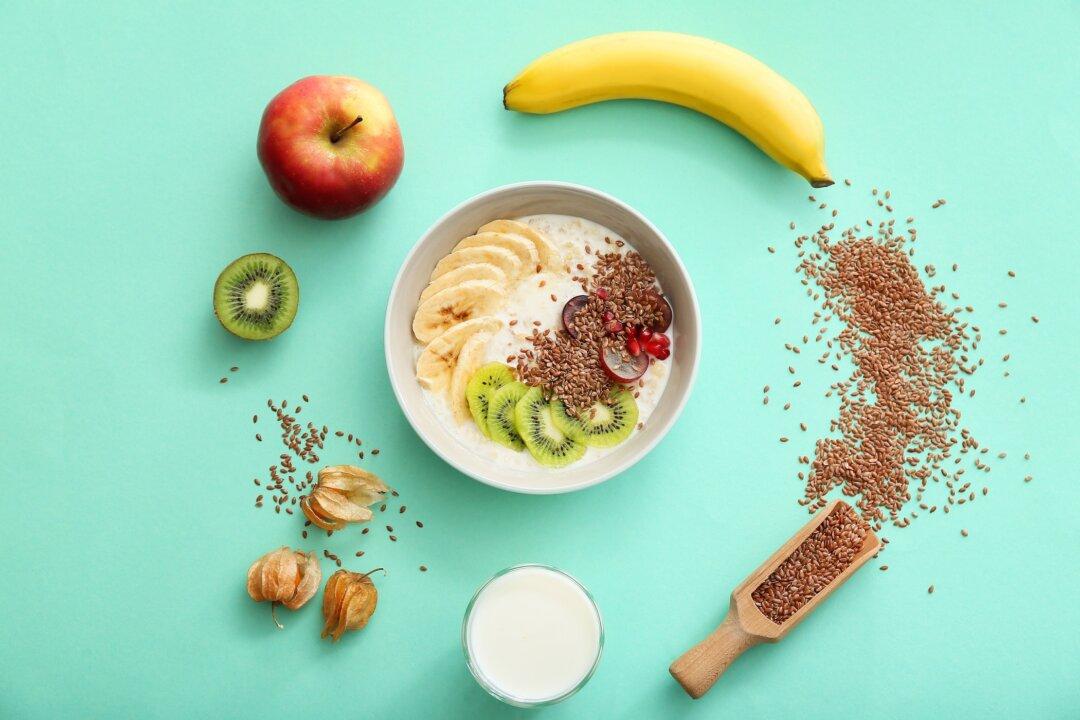Sulforaphane, a compound found in broccoli sprouts, has been shown to benefit autism in a way no drug ever has in a randomized, double-blind, placebo-controlled study.
In previous articles, we explored how autism may be due to synaptic dysfunction. This view suggests the condition can be treated and reversed. This possibility has enticed parents and researchers who observed how fever could decrease symptoms of autism.






